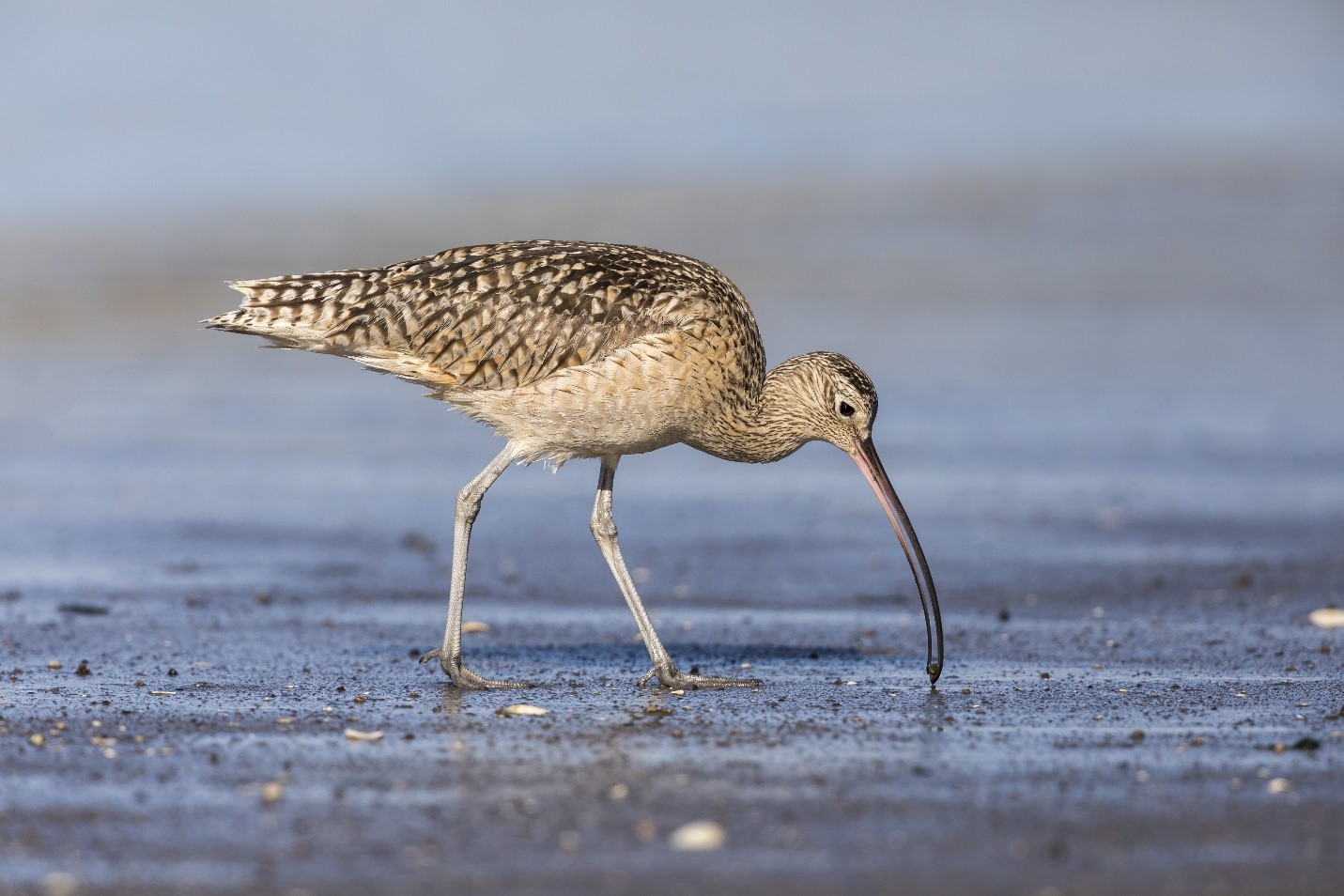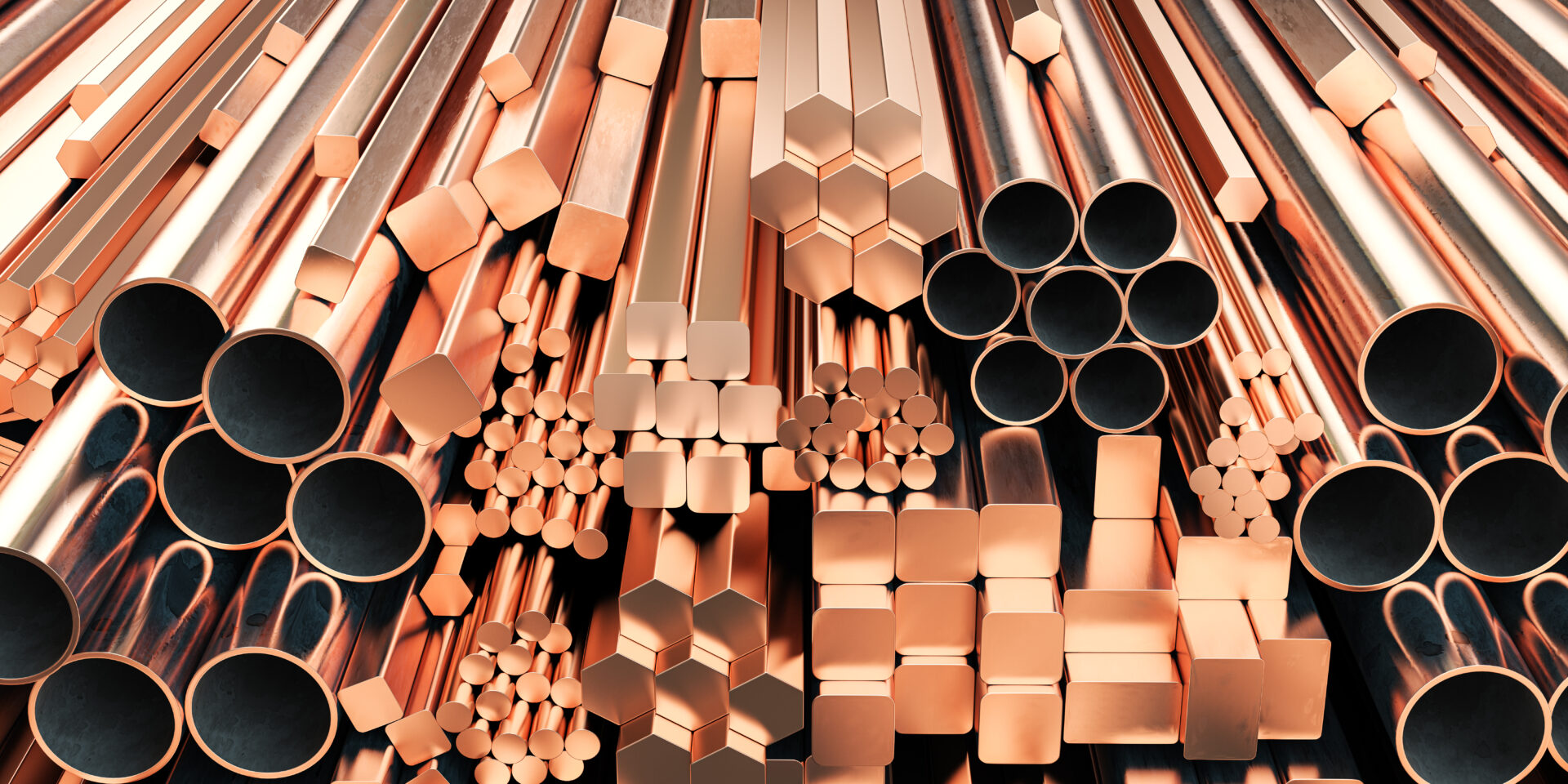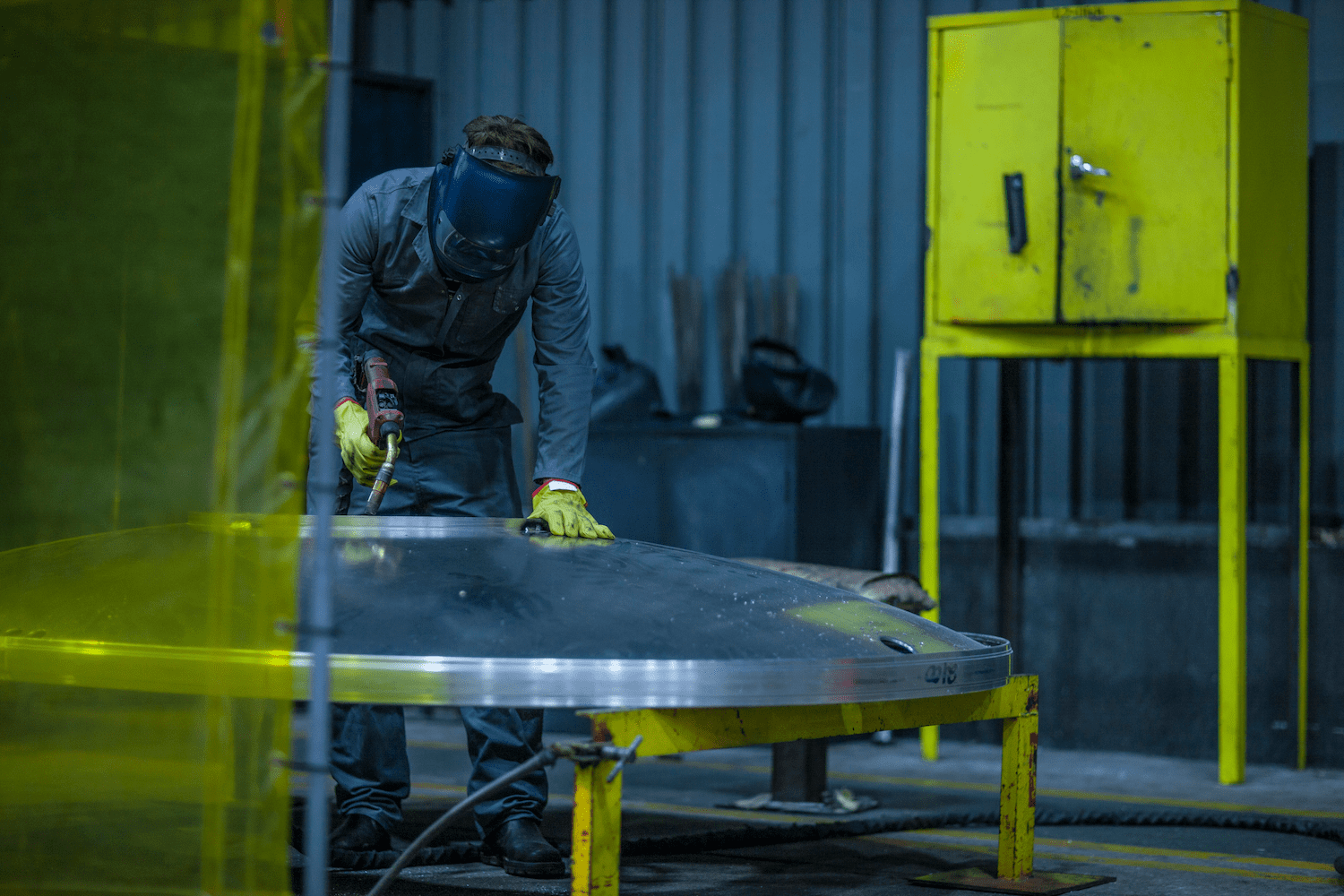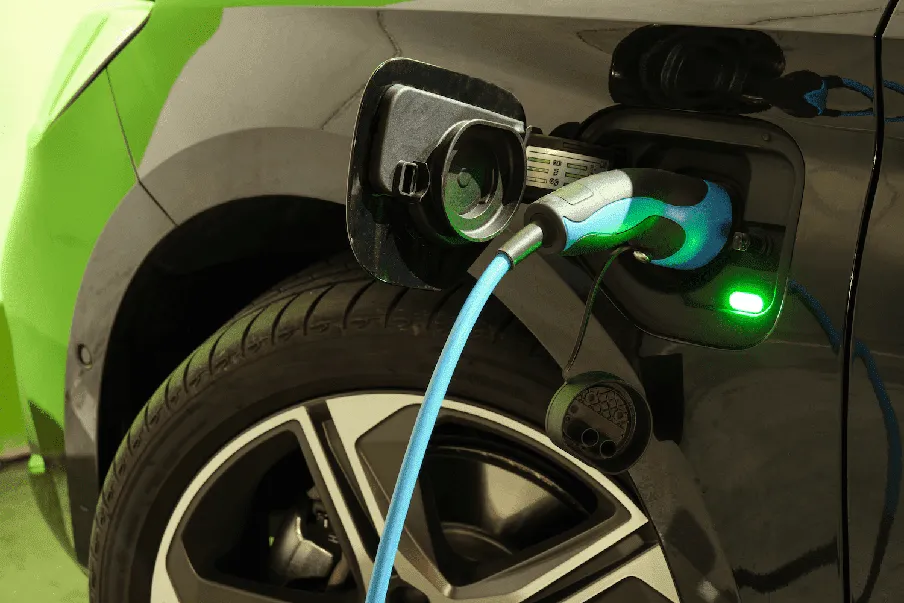
For years, environmentalists have been warning us that so much of the world’s wildlife population is in grave danger. At the same time, while it’s a very disheartening problem, they offer reassuring messages that this situation isn’t too big to take on and can be turned around.
They gently remind society that each one of us has a role to play by first understanding what we can do to protect our wildlife.
Quite simply, helping wildlife starts at home.
In fact, if you live in a big city or a densely populated area, chances are you may never come in direct contact with wildlife at all. Or maybe you live in a city like Orlando. There, your interactions with wildlife may be limited to the ducks and swans at Lake Eola Park or the feral cats that prowl your neighborhood.
But you can still play a role in protecting wildlife even if you’re not around them daily. One of the most environmentally beneficial approaches is recycling.
Usually whenever the subject of recycling comes up, people automatically think about the plastic bins they toss items into. That includes magazines, newspapers, glass, paper, and clothing – common materials that get recycled the most.
But there’s another form of recycling that’s even more important for protecting our wildlife. That’s scrap metal recycling. There’s a lot of scrap metal suitable for reprocessing and recycling. And it has also become one of the most environmentally-friendly industries around.
Why is Scrap Metal Recycling so Important?
Recycling metals enables us to save the ores that naturally occur in the earth’s surface. When we preserve them, we save on the energy and money required for drilling and mining for ores.
Reusing metals helps reduce mining, which in turn saves a lot of valuable resources. And it helps prevent soil erosion, which is harmful to wildlife.
By the way, did you know this? The less we mine, the more water we save! Water is used in heavy amounts during the mining process.
So what does this have to do with you? If you have something that contains scrap metal – a car that no longer runs, a broken down appliance – recycle it. When you recycle, you help protect our wildlife. And you have taken a major environmental step to improve our world.
Saving our natural resources, and not mining or digging unnecessarily, means we can maintain soil integrity. And it saves the habitats that our wildlife call home.
It’s very costly to harvest raw materials. And that’s not just in terms of the amount of money we spend on the mining process. It’s also environmentally costly by using a tremendous amount of energy. And it harms the wildlife habitat as well. It can cause damage to our ponds, streams, rivers and seas. That endangers the aquatic organisms and plants living there.
How Does Recycling Help?

Recycling scrap metal protects both the health of humans and wildlife by preventing water and soil contamination. Every time scrap metal is put into landfills, there is a serious risk. Because those metals contain chemicals like mercury that can seep out into the ground and water, contaminating both.
Tainted water, for example, can persist in the environment. It can then damage nearby land or pollute our drinking water. And it also poses a risk to our marine wildlife.
But thankfully, there is a solution. Rather than throwing scrap metal out with other trash, it can be recycled. Bring it to a company like GLE Scrap Metal, which practices the environmentally-friendly approach of reusing metal and keeping it out of landfills.
Metals are finite natural resources, but with an indefinite lifespan. So they can be used over and over again through recycling. An aluminum can, for example, can be recycled and end up back on a store’s shelf within a few months.
For many of us – even those who recycle smaller items regularly – scrap metal recycling is often neglected. While the smallest bit of trash can pose harm to our wildlife, scrap metal recycling needs greater attention and increased effort because of the environmental risks that it poses in landfills.
Listen, you don’t have to be employed by a wildlife organization like the World Wildlife Fund to change this or to help save our animals. You simply play a small, but enormously significant role, by recycling your metals.
Period.
There’s nothing wrong with starting small. Each small step, magnified by thousands or even millions of us, makes a big difference.
Scrap Metal and Wildlife: The Connection is Real
Recycling scrap metal is a great way for your household to help improve and protect the environment. Since scrap is unwanted metal parts and pieces, recycling these items prevents the need for drilling and mining for ore, allows us to be resourceful with what we already have, and halts potentially dangerous chemical contamination of our land and water.
At GLE Scrap Metal we are a full-service, all-in-one recycling company. If you bring your scrap metal, the scrap recycling team will prepare it to be supplied to domestic mills and global end-users, who then transform it into new products.
We perform environmentally-friendly processing and recycling of all base and precious metals. Family-owned and operated, we efficiently utilize natural resources, help conserve energy – and help protect our wildlife.
Contact GLE Scrap Metal today at 855-SCRAP-88 to request a quote and to learn more about bringing your scrap metal in for recycling.



